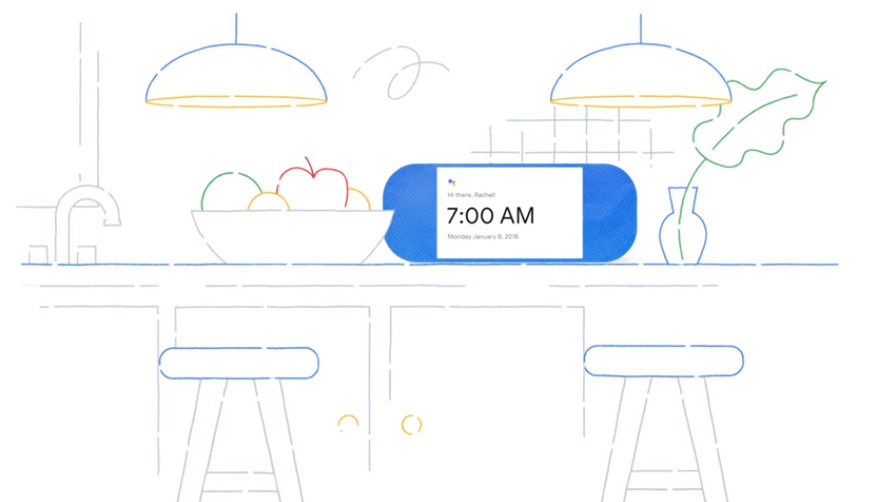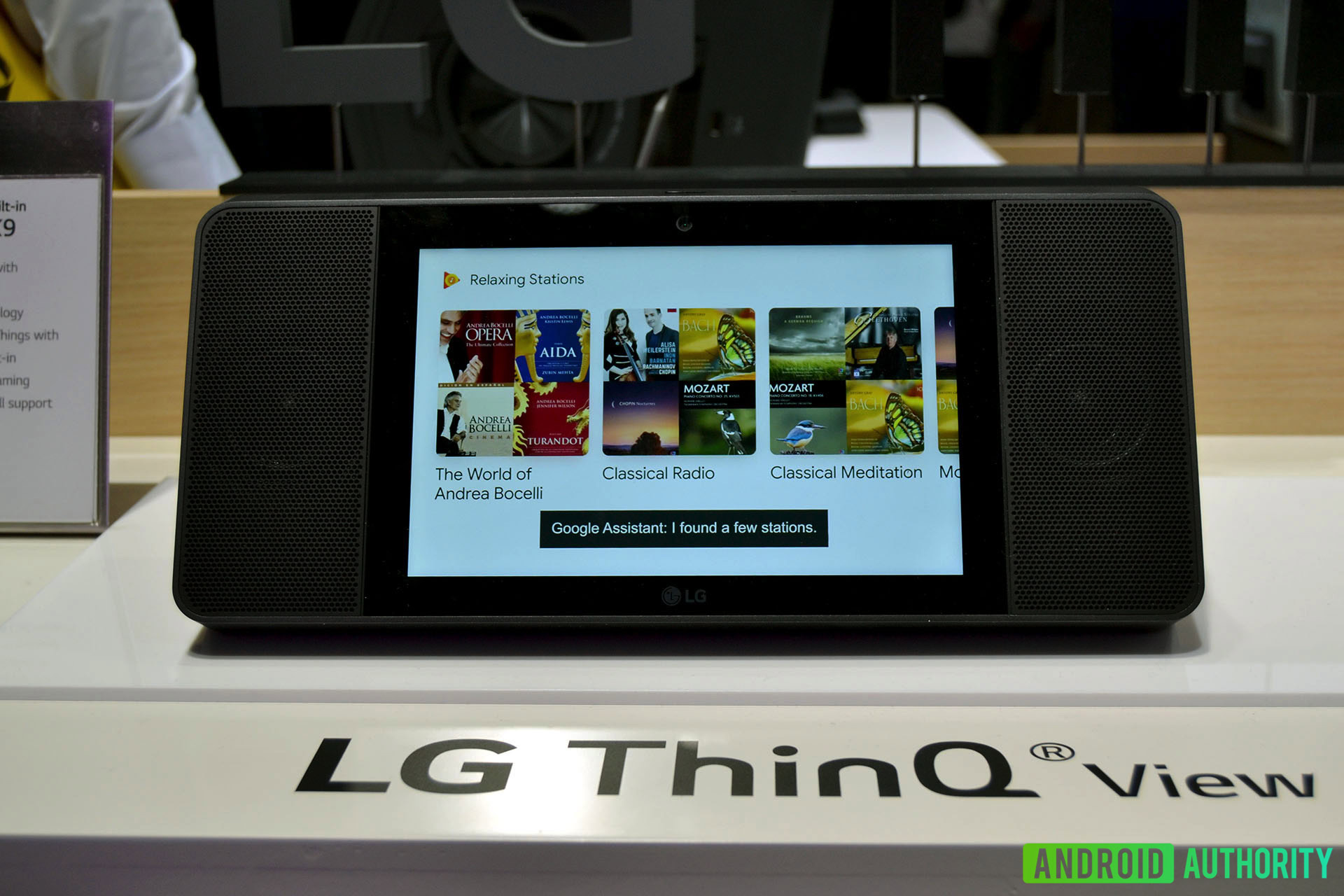Affiliate links on Android Authority may earn us a commission. Learn more.
Will Google make its own smart display? Never say never
April 3, 2018

Back at CES 2018, Google announced a new product category in the form of a smart display, featuring third party designs from the likes of LG and Lenovo.
The smart display, packing Google Assistant, is clearly aimed at Amazon’s Echo Show, which is a smart screen packing the Alexa assistant.
Why didn’t we see a first-party smart display from Google though? A Home Show, if you will? In an interview with Variety last week (and spotted by 9to5Google), Google VP Rishi Chandra had an answer of sorts.
“It’s an emerging category,” the executive was quoted as saying. “I’m not saying we are not going to do it.”

The publication claims that it may have been a “question of timing” to make the initial announcement with third parties. In other words, while it’s not confirmed, it seems likely that Google is working on a first-party smart display.
It wouldn’t be the first time that we heard murmurings of a Google-made smart display though. Back in September 2017, TechCrunch and 9to5Google reported that a first-party competitor to the Echo Show was in the works.
A Google-made smart display isn't out of the question, the firm's Rishi Chandra noted
The reports confirmed that the project is called “Manhattan”, would have a 7-inch display and offer integration with Google services (such as YouTube, Assistant and Google Photos). These reports also pointed to an original launch date of 2018, with pressure to launch the device in 2017. Clearly, the earlier launch date was missed.
Lending credence to the 9to5Google report was the fact that one of the tips also revealed a Google-made competitor to the Amazon Echo Dot. Of course, this turned out to be the Home Mini.
Smart speakers in general
Both Google and Apple have launched smart speakers with premium audio chops, in the form of the Home Max and HomePod respectively. Chandra touched on the challenge of the high-end speaker market, dominated by traditional players.
“It’s a bet that the speaker market is evolving,” the Google representative noted. “Assistants will be a core part of this experience.”
The Home Max saw Google work on high-end audio that adapted to the room the speaker was in. But Chandra says the firm is working on situations involving conversations and background noise too, Variety noted.
Thank you for being part of our community. Read our Comment Policy before posting.